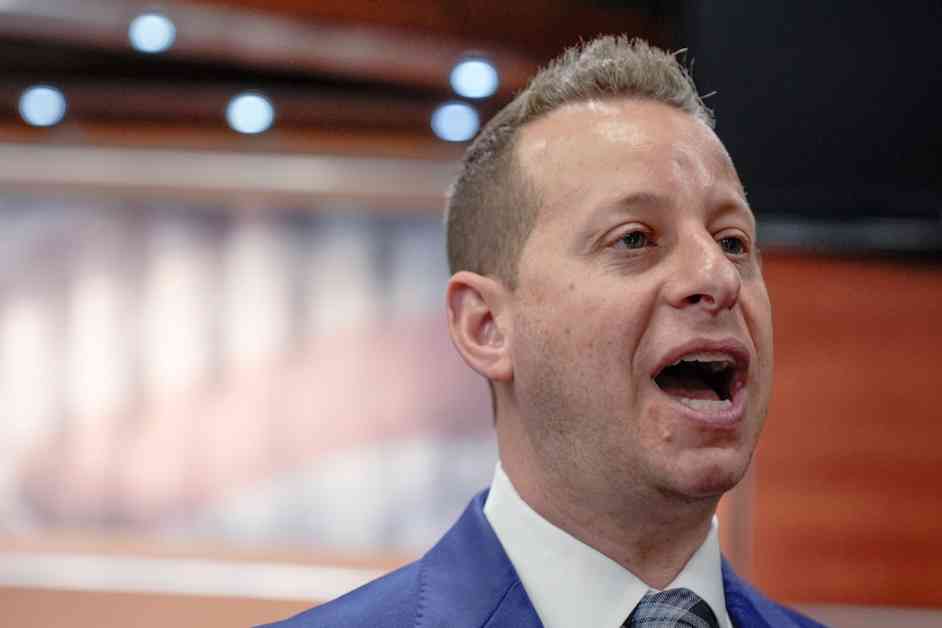U.S. Rep. Jared Moskowitz (D-Fla.) recently shed light on a staggering amount of fraud discovered during President Donald Trump’s first term, as the current administration continues to tighten government spending. Moskowitz’s revelations came during a hearing of the subcommittee on Government Operations, where he questioned why Trump’s administration is pointing fingers at former President Joe Biden for the fraud found in government payment systems.
Moskowitz highlighted the alarming figures, citing data from the Government Accountability Office (GAO) that revealed billions of dollars in improper payments made during Trump’s first term. “In 2017, $140 billion in improper payments. In 2018, $150 billion. In 2019, $174 billion. And in 2020, $206 billion. Those are GAO numbers. So let me just do some math. In the first Trump administration, there were $670 billion of improper payments,” Moskowitz emphasized during the hearing.
The hearing, titled “Shifting Gears: Moving from Recovery to Prevention of Improper Payments and Fraud,” featured testimonies from experts at the GAO, the Pandemic Response Accountability Committee, and the Center on Budget and Policy Priorities. These witnesses corroborated Moskowitz’s assertions on the magnitude of “improper payments” during Trump’s tenure, underscoring the need for bipartisan efforts to address these issues and prevent further loss of taxpayer dollars.
Moskowitz’s inquiry coincides with ongoing scrutiny of the Trump administration’s Department of Government Efficiency’s initiatives to reduce government spending. Tech magnate Elon Musk’s recent comments on Fox Business Network, alleging excessive waste in entitlement programs amounting to $500 billion to $700 billion, have added fuel to the fire. Musk’s claims, which far surpass previous estimates from watchdogs, have sparked concerns across the political spectrum as he advocates for downsizing the federal government.
Musk’s eyebrow-raising statements, including assertions about deceased individuals erroneously marked as alive in the Social Security database, have raised eyebrows. Despite the skepticism surrounding Musk’s claims, the controversy surrounding government spending and accountability continues to be a pressing issue.
As the debate over improper payments and fraud in the federal government intensifies, it is crucial for policymakers and stakeholders to collaborate in addressing systemic vulnerabilities in payment systems. The need for transparency, data accuracy, and effective solutions to prevent financial losses remains paramount in safeguarding taxpayer dollars.
In a climate of heightened scrutiny and evolving challenges, the quest for accountability and fiscal responsibility in government remains an ongoing journey. As public officials and advocates strive to navigate these complexities, the imperative to uphold integrity, transparency, and effective governance must remain at the forefront of their efforts. The path to a more accountable and efficient government lies in a commitment to addressing systemic issues, fostering bipartisan collaboration, and prioritizing the interests of the American people.
The Associated Press contributed to this report.

